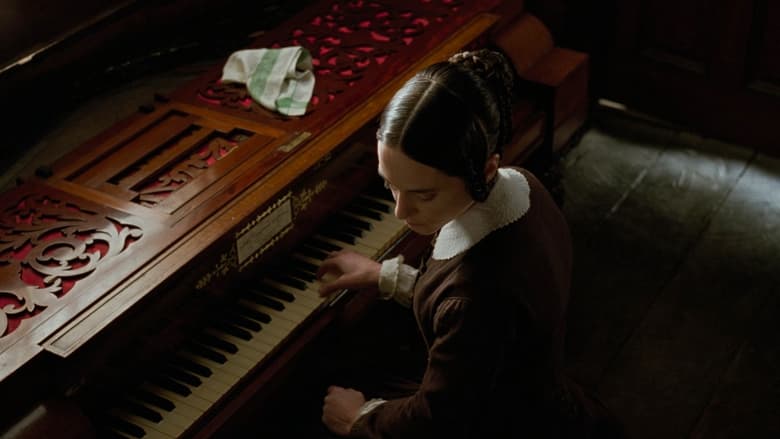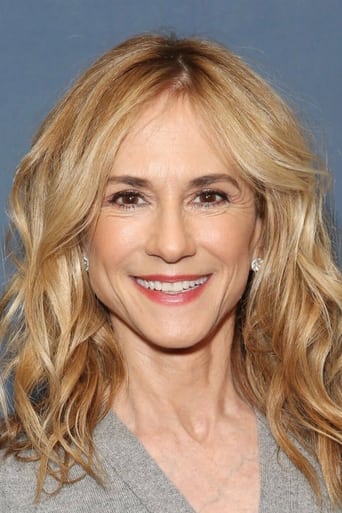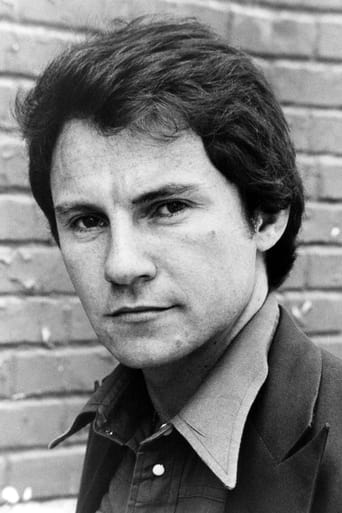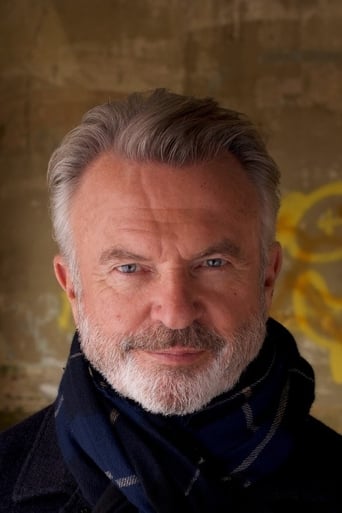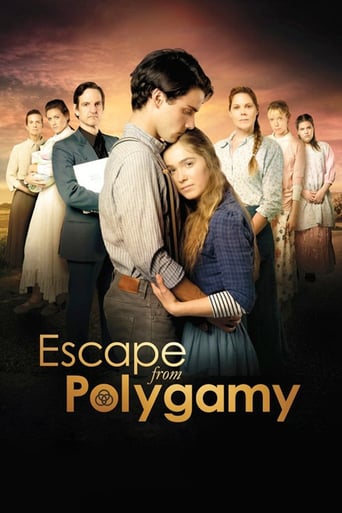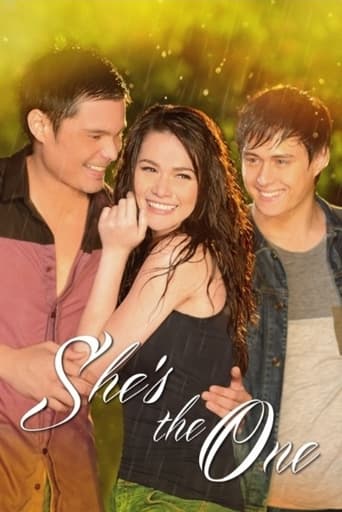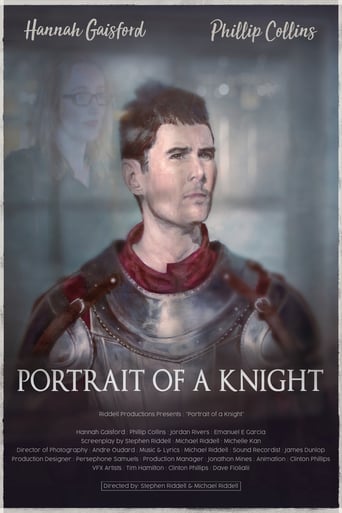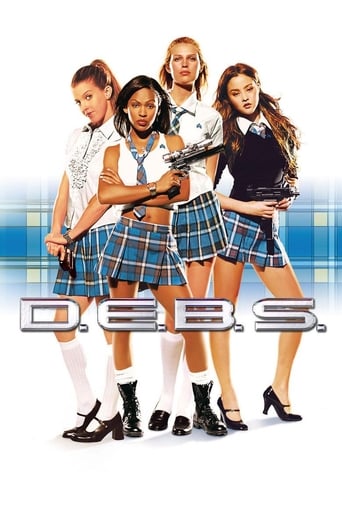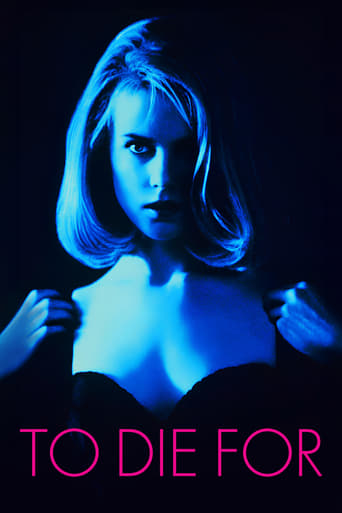The Piano (1993)
A mute Scottish woman arrives in colonial New Zealand for an arranged marriage. Her husband refuses to move her beloved piano, giving it to neighbor George Baines, who agrees to return the piano in exchange for lessons. As desire swirls around the duo, the wilderness consumes the European enclave.
Watch Trailer
Free Trial Channels
Cast


Similar titles
Reviews
Too many fans seem to be blown away
Plot so thin, it passes unnoticed.
Simple and well acted, it has tension enough to knot the stomach.
The story, direction, characters, and writing/dialogue is akin to taking a tranquilizer shot to the neck, but everything else was so well done.
I'm a man and I disliked the move. I don't know whether I disliked it more than The Piano Teacher but it is certain that Holly Hunter's indifferent, unlikable and unsympathetic character is on par with Isabelle Huppert's. I'm not going to write a review, there were many already. I found it more interesting to read the reviews and peruse their emotions.My own emotions evolved thus during the movie: 1. Wonderment; for the beautiful opening photography of powerful waves crashing on the virginal beach, the anticipation of tantamount protraction. 2. Bewilderment; why would anyone like to live in mud surrounded decrepit shacks with abiding rain? 3. Apprehension; for how unsympathetic the characters had become, and how indifferent I feel. 4. Repugnance; for the carnal affair devoid of love or tenderness, and demeaning and gratuitous nudity. 5. Loathing; for the movie's incoherence and unintelligibility, it's defiance of logic and for braking the opening promise, and most of all for the bad taste in my mouth when the movie credits started rolling on.The movie certainly elicits strong emotions. Women: "Men who did not like the movie are 19th century troglodytes who believe women's place is in the kitchen". Un inane and extraneous comment in itself. Men: "I wish Ada had drowned along with her piano". How strong must a person feel to wish for the heroine to be dead?Is it that that men cannot really understand women? Is it that that we are wrong thinking of women as ethereal beings in need of our love and protection?If what move portrays is what women dream of and fantasise about; men, how wrong we are in our strives in dating, and worse yet, marriage?
This is a movie about a million year old story in a 19th century New Zealand setting. The plot which is predictable and dull, progresses with a very slow pace and nothing really interesting happens. The dialogs are scarce... well, for the obvious reason. On the positive side, the cast is strong and acting is good. The annoyingly indirect narrative is one of an artsy crowd pleaser with full of symbolism, which pretentiously attempts to cover plot holes of the story turning around 3 unlikable characters and a kid who merely acts as a messenger. In all this travesty, Maori folks are used as a room decoration. Harvey Keitel strikes again baring his butts and genitals for no apparent purpose. This whole mess is certainly a good consumption material for the artsy fartsy crowd who'd go rapturous to tell how much handy-dandy this flick is and decipher its subliminal messages. In reality, it is downright a borefest, although a certain quality cannot be denied owing to the nice scenery.
The piano (1993) written and directed by Jane Campion, is a drama film about Ada, a mute piano player and her daughter Flora, who are sent, along with her prized piano, to wet, marshy New Zealand. Set in the 1850's, the story circles around the musician's love for playing the piano and her struggle and determination to regain her piano after it is sold. Bordwell and Thomson refer to cinematography as the 'manipulations of the film strip'(2013:239). Film used a range of different modes including sound and visual therefore it's effective in portraying feelings and attitudes and creating particular moods. The type of light 'will clearly effect the saturation and value of its hues and the illusions that it gives' (Rose 2016:79). Therefore, light is a major aspect to producing a desired atmosphere of an image. The use of light filters is made great use of throughout the film, to evoke emotion and give insight into the characters feelings. The blue filter is used predominantly to project the notions of melancholy, solitude and misery, for example in the wedding photo. There is a lack of warmth and delight that usually is present in a wedding photo. The blue cold blue hues reflect the isolation and loathing she has for the situation. However, a rose filter is made use of to reflect feelings of happiness and peace, in contrast to the blue filter. The rose filter is made particular use of when Ada is playing her piano on the beach. Campion allows the audience to see and feel, through this warmer filter, that music is Ada's secret to happiness. Sound, is also a major component within film. Reay (2004) suggests that music within a scene has a considerable effect on its interpretation and significance. Music, in particular piano, is a predominant factor within the movie. The music represents Ada's voice, emotions and attitudes; it is her internal monologue. The repetition of the same song, 'The heart asks pleasure first' through the course of the film helps to show the continuity and determination of her character. However, the song is played in a variety of ways throughout different parts of the film. The different volumes, paces and intensities produce certain atmospheres. In the finger cutting scene, the music is increased in volume and doubles in speed, which portrays to the audience that Ada is feeling threatened and frightened. Contrastingly, in the scene where Ada visits the piano on the beach, the song is played softly and gently. This highlights her inner contentment, as the piano is the only way she can express her feelings. The use of different camera shots is also highly significant within film. Bordwell and Thomson (2013) state that a close up shot puts emphasis on a character's facial expressions, showing their emotional state. The extreme close up of Ada's eye just before she is nearly raped, shows boldness and stamina. This close up is extremely important, as because she is quiet, the viewer must be able to read her emotions from her facial expressions. Personally, I see the film as exceptionally incredible, as it truly moves you, making you almost feel the inner turmoil and heartbreak of the characters.
I've never seen a more pretentious piece of rubbish. All symbolism, no substance. It may be the most overrated movie in the history of film.


